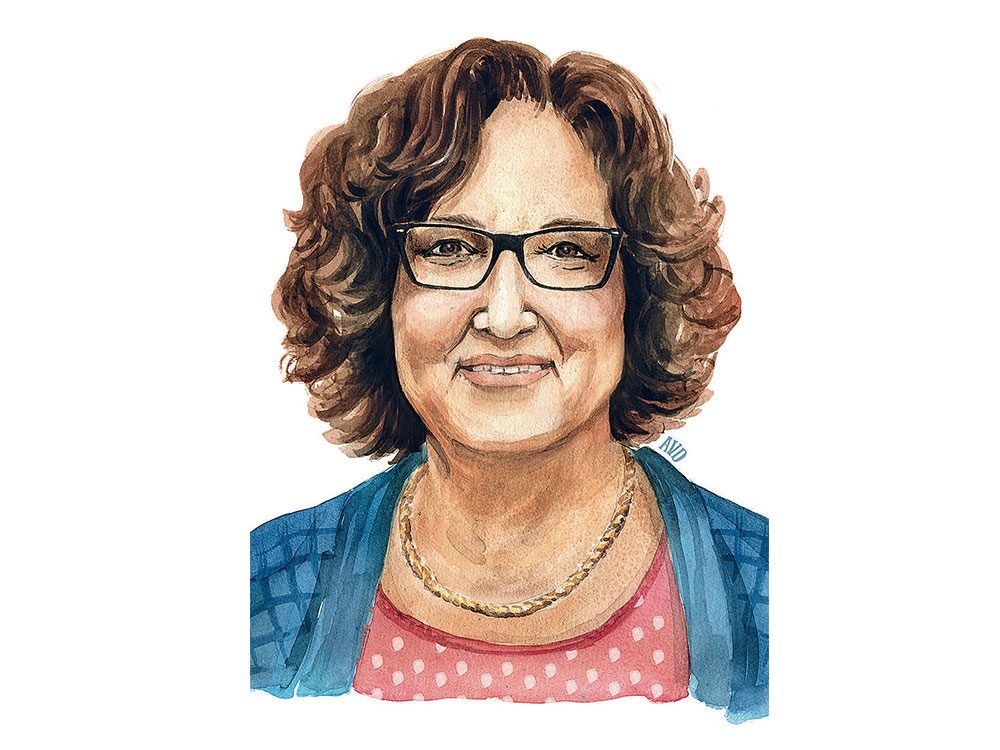15 Minutes with Canadian Activist Judy Rebick
Judy Rebick, the prominent Canadian activist and feminist, speaks about childhood abuse, her personal #MeToo and where the women’s movement goes next.

In conversation with feminist Judy Rebick
Reader’s Digest Canada: In your new memoir, Heroes in My Head, you write about becoming aware as an adult that you’d been sexually abused by your father and had developed multiple personalities as a result. What motivated you to talk about something that is so painful and private?
Judy Rebick: I say in the intro that this is my #MeToo. I am speaking up and sharing my experience, hoping it might empower others. Childhood sexual abuse is a massive and widespread problem, but we’re not dealing with it. This is partly because of stigma, particularly around abuse that happens within the family. It’s so important that we stop thinking of abusers as just the creepy stranger. The family is one of the most dangerous places for women and children, and nobody wants to say that this is true.
When did you first become aware of your multiple personalities?
The first time one of them came out was in my therapist’s office when I was 45—all of a sudden there was someone named Simon talking from my mouth, who wasn’t me. I didn’t have any control of what he was saying.
How did your experience as a child cause the development of your multiple personality disorder?
Being abused by someone who is supposed to be taking care of you is unbearable. The brain creates the personalities to hide what’s happening from the child. The other personality experiences the abuse, so the child doesn’t remember it. One study says that [a median of] 30 per cent of sexually abused children repress the memories of it, and they usually don’t come out until middle age.
You were one of the most influential feminist voices of the 1980s and ’90s and instrumental in the fight for reproductive rights in Canada. And you say activism helped you through the fallout of abuse. How so?
When I became involved in the prochoice effort in the ’80s, it was a real battle. At the time, I was so shut down from my emotions that the only thing I felt was anger, so that work gave me an outlet that was constructive. Also, even though I wasn’t aware of my alternate personalities at the time, they liked that I was helping other people.
Feminism has grown, and changed, since that time. What do you think of the current #MeToo wave?
It’s fantastic! One thing I have realized over the past 10 or 15 years is that my generation of the women’s movement was very good at changing laws and policies, whereas #MeToo is about changing culture. And having these women with great influence and power talking about the harassment they have faced has been so important.
In the early ’90s, you were the president of the National Action Committee on the Status of Women, a federal activist organization that disappeared about 10 years ago. Should we replace it?
I think we should, but with something that’s different. NAC was a hierarchical and traditional organization, whereas when you look at the way young people are organizing since the anti-globalization movement, it’s a lot flatter—locally organized and with no visible leaders. I think that’s the way people are going to change the world in the future.
Heroes in My Head by Judy Rebick is available now.
Are you in a battle with your own biases? Here are three ways to live without prejudice.



